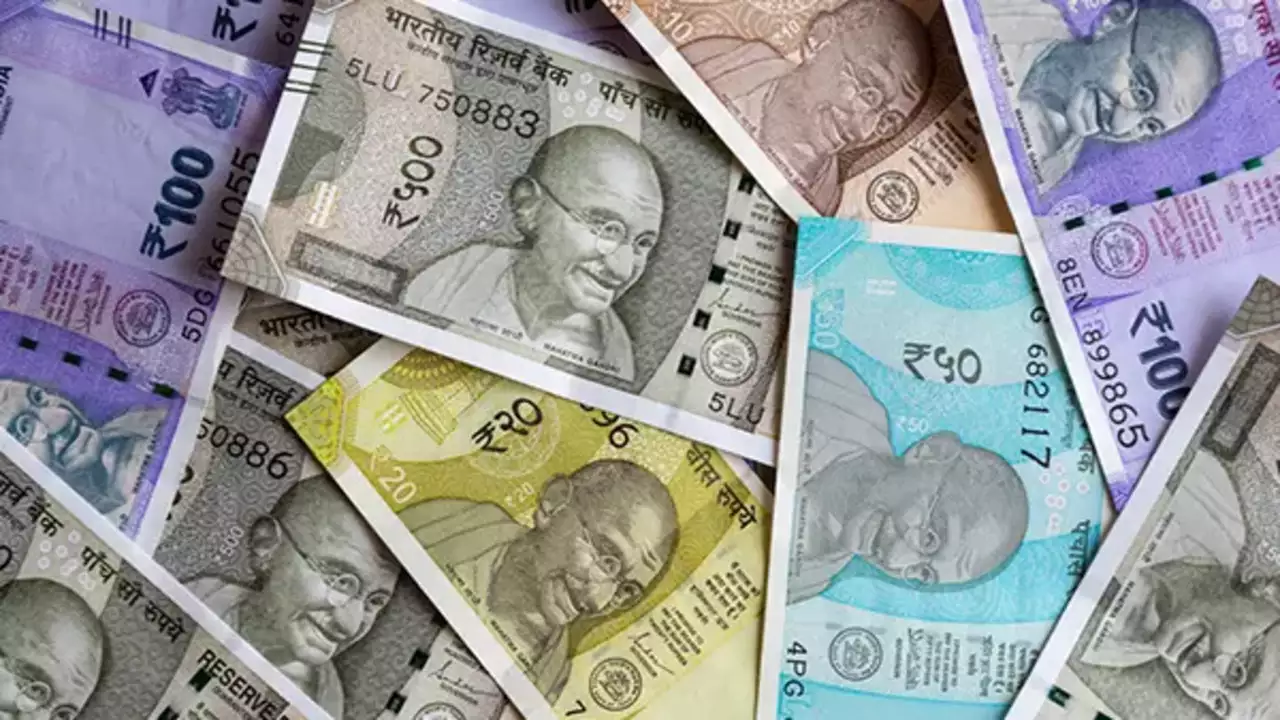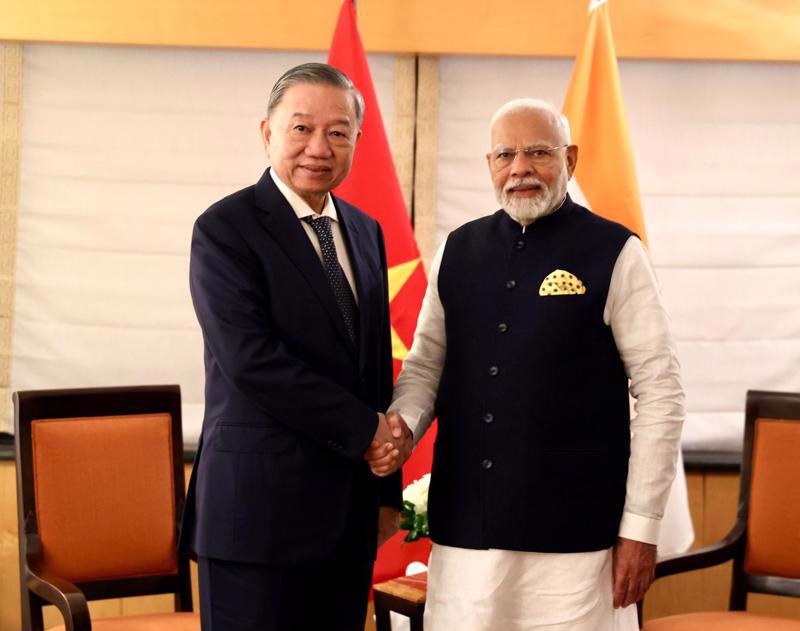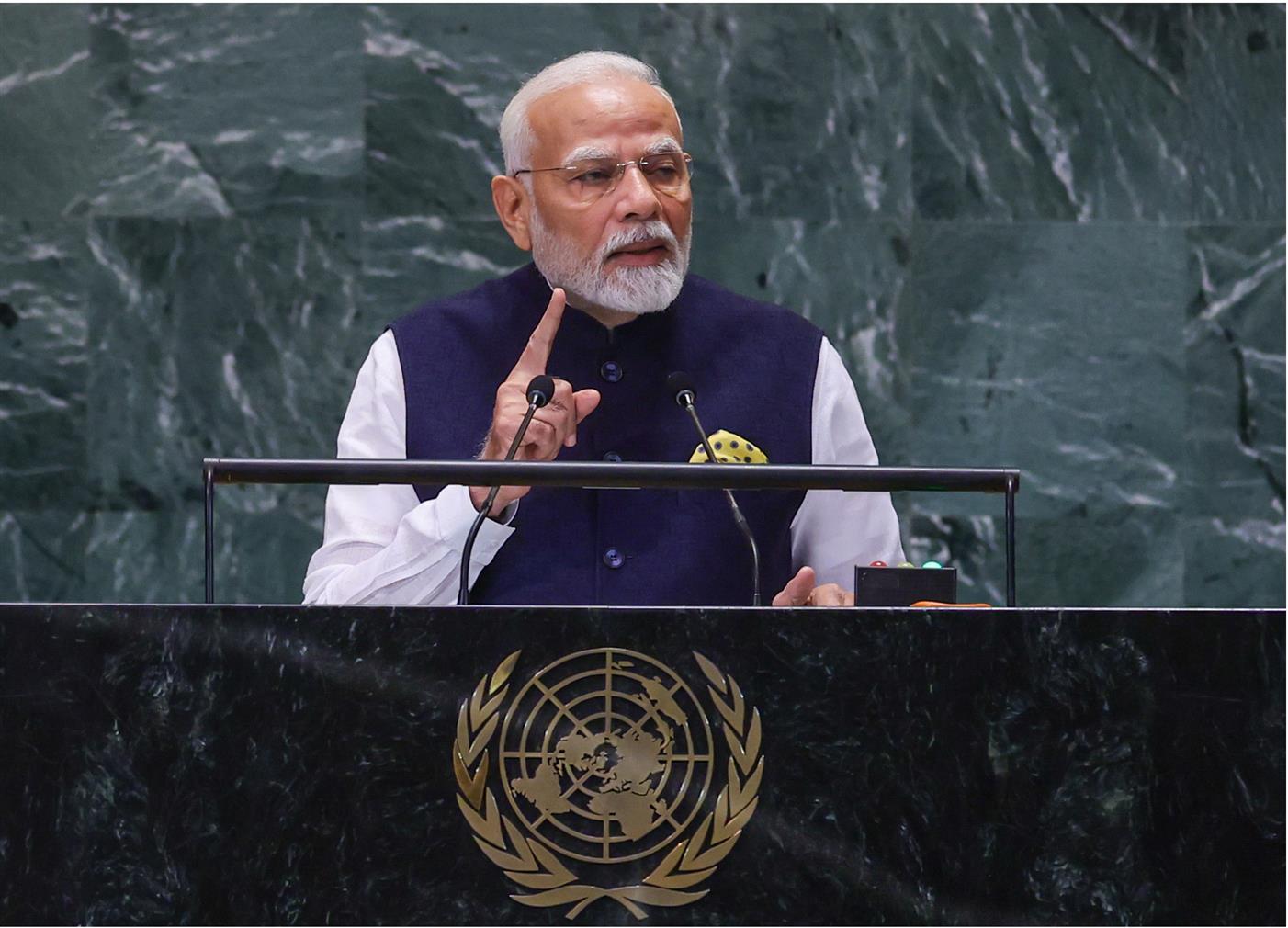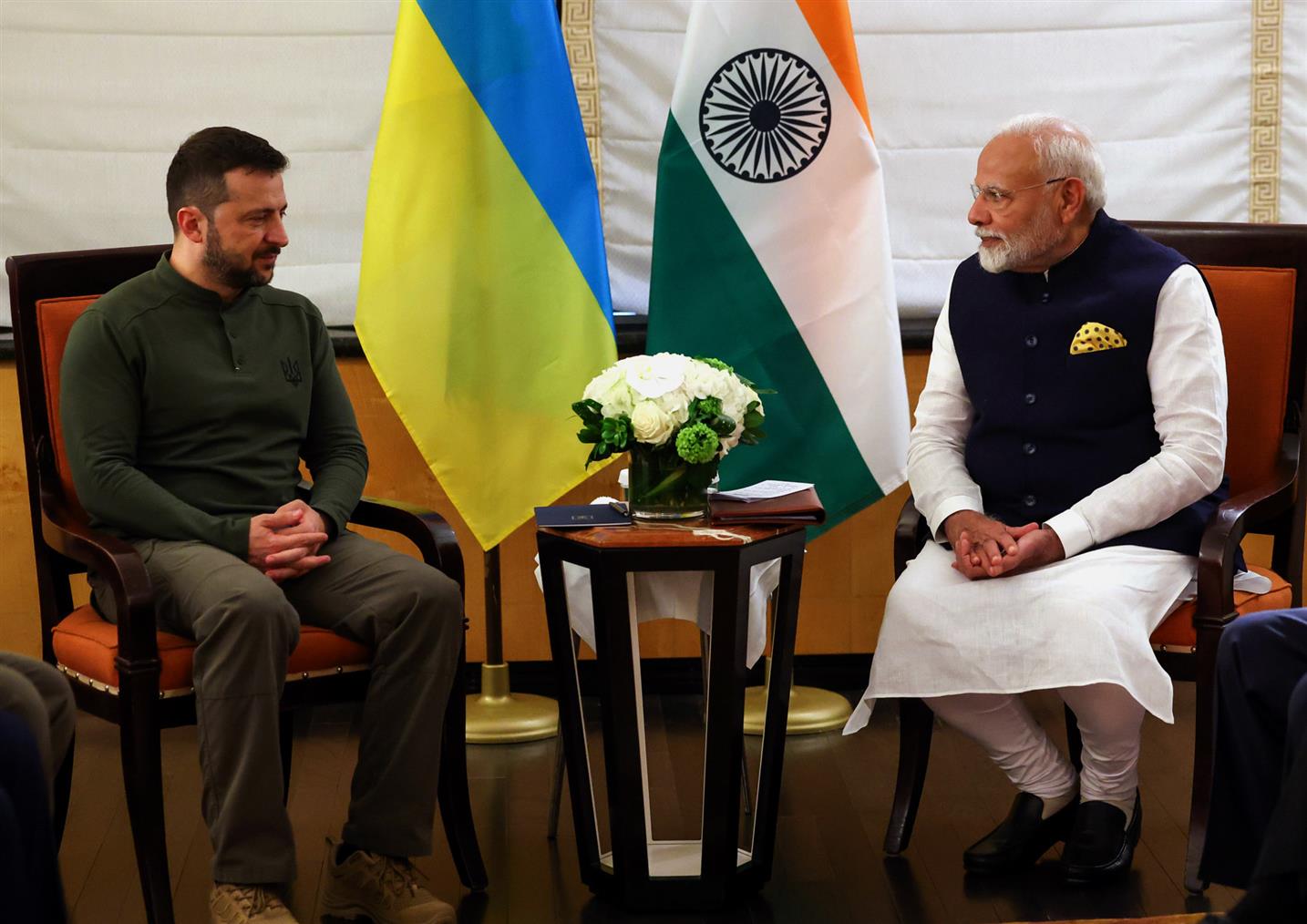Indian rupee is worst Asian currency in U-turn as yuan carry trades unwind

NEW DELHI: The Indian rupee is now the worst-performing Asian currency -- a U-turn from being the leader in the first half of the year -- pressured by the unwinding of trades that used the Chinese yuan to fund long bets on the local currency.
The rupee weakened to an all-time low of 83.8450 per U.S. dollar on Monday. It has hit record lows in two of three sessions this month after declining 0.4% in July.
In contrast, Asian currencies climbed by about 1% last month, with the Malaysian ringgit's rising more than 2.5%.
The contrasting fortunes have carried over into August. The offshore Chinese yuan climbed to nearly 7.11 on Monday, its best level since the first week of this year.
Investors had bought the rupee against the yuan in the first half of the year looking to benefit from the rupee's comparatively higher yield and counting on contained volatility in both currencies.
These trades are now unwinding amid a rally in the yuan and a pickup in volatility, proving to be a headwind for the rupee.
Most high-yielding currencies are getting hit due to the quick unwind of carry trades globally and the rupee has been among the most attractive carry plays in Asia, said Charu Chanana, head of FX strategy at Saxo Singapore.
The offshore yuan's 1-month realized volatility has jumped to more than 5%, the highest since November, from about 1% in early July. It climbed nearly 3% over the last one month against the rupee, which would hurt returns from the carry trades.
"On our side, we are witnessing big buying (on USD/INR in the non-deliverable forwards) market," the head of proprietary trading at a foreign bank said.
"I think a large part of it is due to unwinding of the cross-INR carry trades, particularly yuan." A surge in the Japanese yen has upended carry trades with the effect rippling as far as the Mexican currency and technology stocks in the United States.
The yen has rallied over 6.5% against the U.S. dollar since the Bank of Japan's unexpectedly hawkish rate hike last Wednesday.










